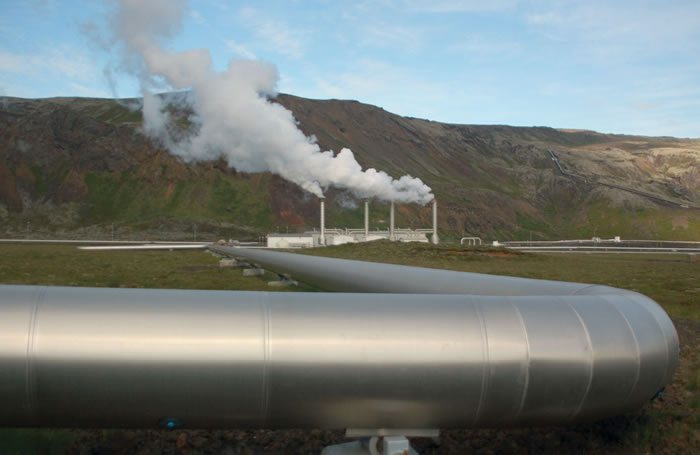Djibouti and Ethiopia are making plans to develop geothermal power capacities in a bid to meet the rising demand for electricity in the two countries.
There are four full-sized geothermal production wells already identified in Djibouti. The world Bank has indicated that the actual drilling of the four wells is going to be co-financed by Global Environment Facility, the OPEC Fund for International Development and the World Bank’s International Development Association (IDA).
The bank said the steam well drilling program entails civil engineering preparatory works which is going to be funded by the African Development Bank (AfDB) at Lake Assal geothermal field. AfDB will take care of financing the materials while the inspection will be addressed by Energy Sector Management Assistance Programme.
On the Ethiopian side, the Icelandic power plant builder Reykjavik Geothermal hopes to commence its US$2bn 500MW Corbetti Geothermal Power Project in Ethiopia in July.
Djibouti`s head of electricity, Djama Guelleh said that a follow-on project will be undertaken to competitively offer the geothermal resource to the international independent-power-producer market if the geothermal resource will be able to generate large-scale electricity for commercial purposes. Ethiopia is the one meeting the country’s 70Mw deficit.
The U.S. is supporting the project as part of the US$7bn Africa Power initiative, which targets increased electricity access in at least six African countries.
Africa has huge untapped geothermal energy potential along the Great Rift Valley, a 6,000 kilometer terrain stretching from northern Syria to central Mozambique in South Eastern Africa. In East Africa alone the region’s Rift Valley has geothermal reserves with a potential to provide up to 15,000 MW of power. If tapped, this can considerably reverse Africa’s chronic energy shortages.

Leave a Reply